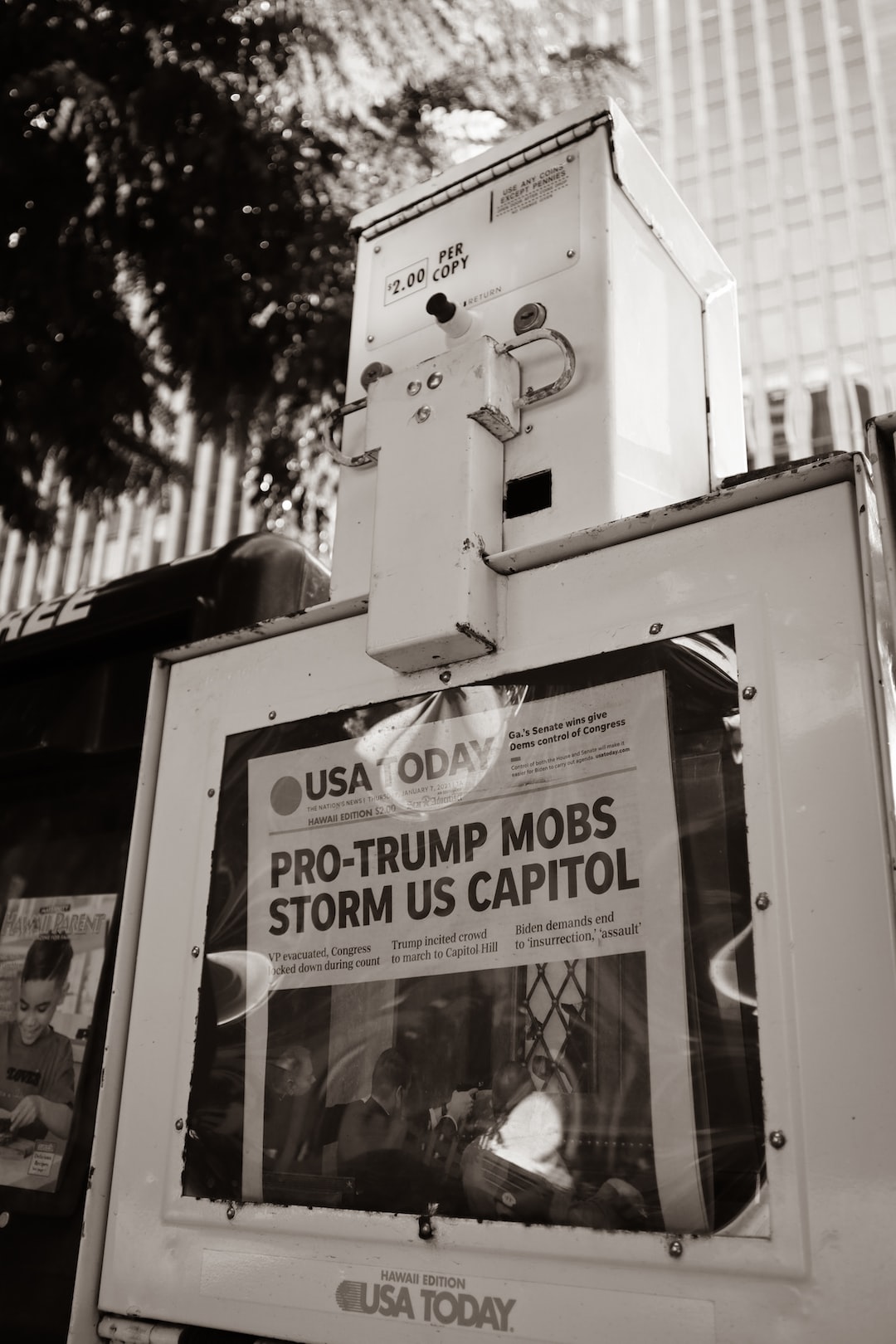Title: Exclusive Interview with a Whistleblower Exposing Corruption in a Major Corporation or Government Agency
Introduction (100 words):
Whistleblowing has long been seen as a courageous act in exposing systemic corruption within major corporations or government agencies. In this exclusive interview, we delve into the shocking revelations made by a whistleblower who risked it all to expose the entrenched corruption within a high-profile corporation. This whistleblower, who wishes to remain anonymous for their safety, offers a detailed account of the improprieties, collusion, and abuse of power that were taking place at the highest levels. Prepare to be intrigued, shocked, and awakened to the reality of corruption that persists in some of society’s most influential entities.
Background and Motivation (150 words):
Whistleblowers play a vital role in society by shedding light on hidden corruption and unethical practices that undermine the very fabric of institutions we are led to trust. In this case, the whistleblower had worked for several years in a major corporation, witnessing a growing web of deceit, corruption, and exploitation. Driven by a strong sense of moral duty and a belief in justice, the whistleblower decided to step forward, fully aware of the personal and professional risks involved. The motivation behind their actions was to safeguard the public interest, expose systemic abuses, and hold those in power accountable for their actions.
The Dark Underbelly of Corruption (250 words):
During the interview, the whistleblower revealed that the corporation in question had been engaging in widespread corruption, ranging from fraudulent financial practices to unethical manipulation of regulatory bodies. The whistleblower uncovered evidence of executives colluding with government officials, bribing them to turn a blind eye to grave environmental violations that were harming local communities. Additionally, the corporation was found to be exploiting tax loopholes and evading its responsibility to contribute its fair share, thereby placing an undue burden on the taxpayers.
The whistleblower also detailed how the corporation manipulated scientific research to downplay the harmful effects of their products on consumer health while maximizing profits. This unethical conduct endangered the public’s well-being and eroded trust in a system meant to protect us.
Consequences and the Path to Justice (350 words):
When asked about the personal consequences of their actions, the whistleblower recounted the immense challenges faced. Their career was shattered as they faced retaliation from the corporation and its powerful allies, with attempts made to discredit and silence them. However, the whistleblower found solace by engaging with support groups, legal experts, and ethical organizations dedicated to safeguarding the rights of whistleblowers.
To achieve justice, the whistleblower has cooperated with investigative journalists, government authorities, and advocacy organizations. Their evidence, consisting of internal documents, audio recordings, and testimonies from other brave insiders, has established a strong case against the corporation’s executives and their accomplices. Legal action is currently underway, aimed at bringing those responsible to public scrutiny and securing restitution for the affected communities and taxpayers.
Conclusion (150 words):
Whistleblowers defy the odds and give voice to the voiceless, enabling society to confront corruption and seek justice. This exclusive interview with an anonymous whistleblower has highlighted the deeply ingrained systemic misconduct within a major corporation, revealing the magnitude of the corruption that can permeate even the most influential entities. The whistleblower’s story serves as a reminder that collective vigilance and the support of legal frameworks protecting whistleblowers are vital to overcoming corruption.
Moving forward, the public must demand greater transparency, ethical practices, and accountability from corporations and government agencies. By standing up against corruption and shielding whistleblowers from retaliation, we tip the scales toward a more just and equitable society, empowering individuals who bravely expose corruption to pave the way for systemic change.

